Science arose from poetry. When times change the two can meet again on a higher level as friends
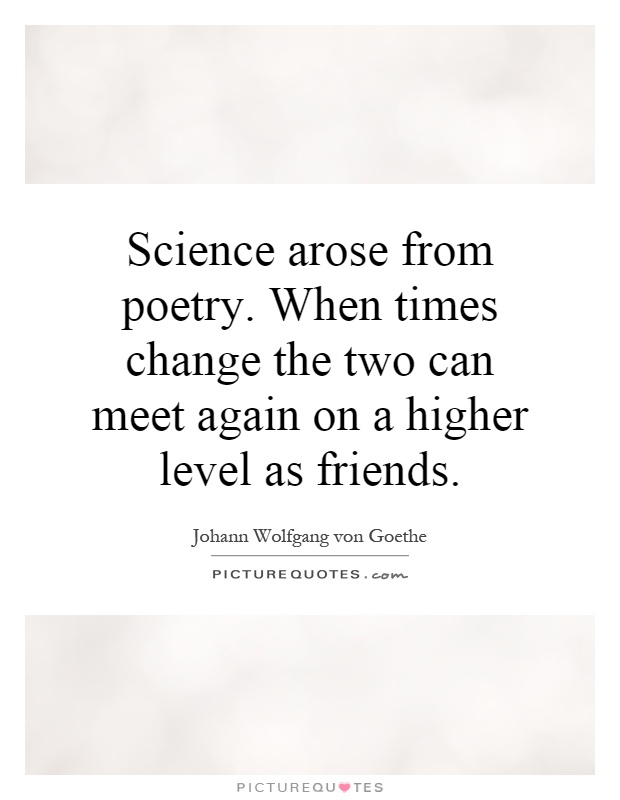
Science arose from poetry. When times change the two can meet again on a higher level as friends
Johann Wolfgang von Goethe, the renowned German writer, poet, and scientist, is often credited with the quote, "Science arose from poetry. When times change the two can meet again on a higher level as friends." This statement encapsulates Goethe's belief in the interconnectedness of art and science, and how they can complement each other to create a deeper understanding of the world.In his lifetime, Goethe made significant contributions to both literature and science. He is best known for his literary works such as "Faust" and "The Sorrows of Young Werther," which have had a lasting impact on German literature and beyond. However, Goethe was also a dedicated scientist, with a particular interest in botany, anatomy, and optics. He conducted experiments and observations in these fields, and his scientific writings have influenced thinkers such as Charles Darwin and Alexander von Humboldt.
For Goethe, poetry and science were not separate realms but rather two sides of the same coin. He believed that both disciplines were essential for understanding the complexities of the natural world and human experience. In his view, poetry allowed for a more intuitive and emotional engagement with the world, while science provided a more systematic and analytical approach. By combining these two ways of knowing, Goethe believed that a deeper and more holistic understanding could be achieved.
The idea that science arose from poetry speaks to the interconnectedness of all human knowledge. In ancient times, poetry and storytelling were used to explain the mysteries of the natural world and human existence. Over time, these narratives evolved into more systematic and empirical forms of inquiry, giving rise to modern science. However, Goethe believed that the poetic and imaginative aspects of human thought should not be abandoned in favor of strict rationality. Instead, he saw the potential for a synthesis of art and science, where creativity and logic could work together to illuminate the mysteries of the universe.
In today's world, where specialization and compartmentalization often dominate academic disciplines, Goethe's vision of a harmonious relationship between poetry and science is more relevant than ever. As we face complex challenges such as climate change, biodiversity loss, and social inequality, we need a multidisciplinary approach that draws on the insights of both the arts and sciences. By fostering collaboration and dialogue between these two realms, we can create a more holistic and inclusive understanding of the world and work towards a more sustainable and equitable future.
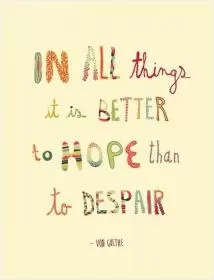




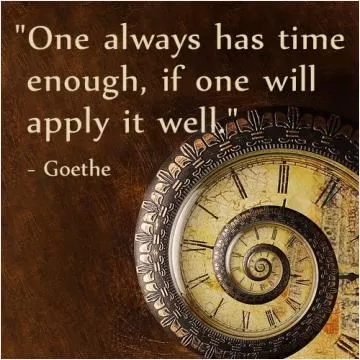
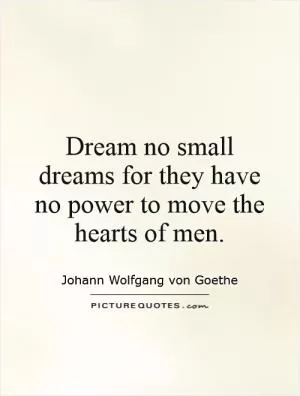
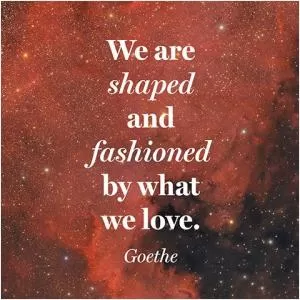
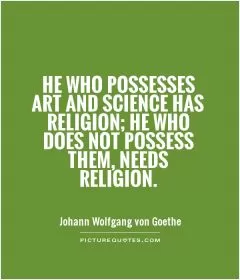

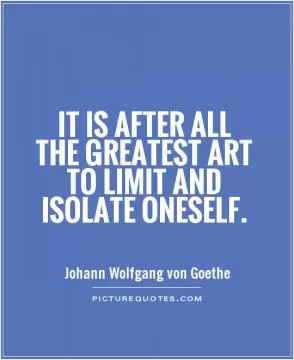
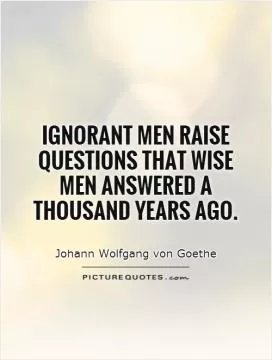
 Friendship Quotes
Friendship Quotes Love Quotes
Love Quotes Life Quotes
Life Quotes Funny Quotes
Funny Quotes Motivational Quotes
Motivational Quotes Inspirational Quotes
Inspirational Quotes